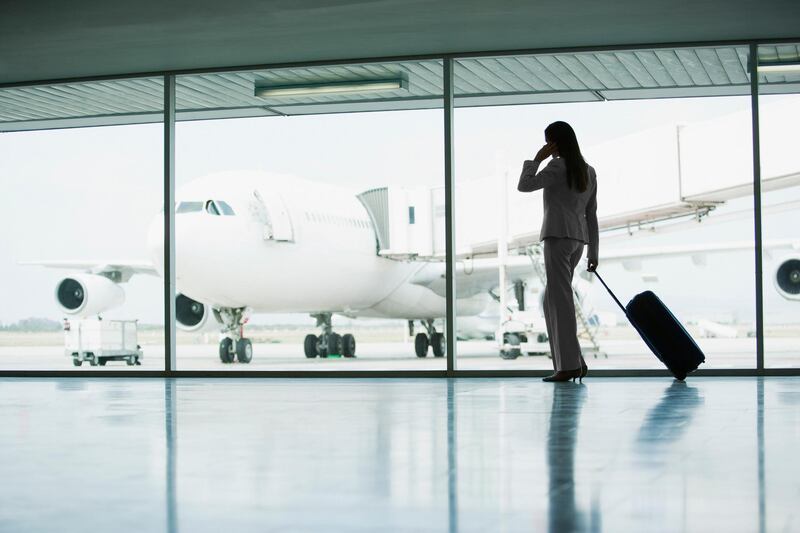Do female business travellers get worse service than men? This is one of the questions I’ve been pondering this week – and it seems that the answer is yes. Many of the women I consulted had the same reaction. Instead of an outright yes or no, they either looked puzzled or had to think about it for a second. “I don’t think so,” some said, before realising: “Actually, you’re right. We are so used to getting secondary treatment that we don’t always notice.”
I’ve noticed. On business-class flights, where I’m sometimes the only woman, flight attendants too often seem to fawn over the men, offering them more time and a greater degree of respect, politeness and accommodation. With women, the service is more forced. Eating by myself in restaurants, I often either struggle to get the attention of waiters – while men or men with women are attended to promptly – or am patronised by endless staff who think I might need company. In Asia and the Middle East, I’m still amazed at the frequency with which I’m addressed on the phone as “sir”, even after the staff have heard my voice. Unbelievably, many are still simply not trained in how to address women.
In part, this is to do with how the travel industry has been set up: primarily, it has been women and men looking after men. The assumption is that men control the business and the expense accounts, and are therefore more likely to complain if things aren’t right. As a woman who has frequently had to complain loudly about the non-appearance of food or to simply close a bill to get to a meeting on time, I’ve been met with indifference or, worse, laughter, when I’ve been forced to escalate things.
A friend who works for a media company and controls an annual budget of several hundred million dirhams reports frequently being ignored in business-class cabins on aircraft. Sexist treatment includes being skipped over when the tray of newspapers is offered to the men in the cabin, with her only being offered magazines, and that at the end. She was also livid after recent detailed feedback about poor service at a hotel restaurant was met with a token 25 per cent discount and a stock response. “The staff were slow and disrespectful. Money does not buy time. I have not been to this hotel for some years and this was not a good experience,” was her opinion.
"Hotels overlook female business travellers at their peril, because research has shown that women account for the majority of consumer travel purchases," says Dominic Ellis, editor of Business Traveller Middle East magazine. He adds that improvements are being made, such as the greater security and safety offered by women-only floors in leading hotels, (which are also staffed, especially in the Gulf, by women only) and in the form of a greater number of services.
Sadly, because the travel industry reflects the unequal treatment of women across society and the world, there is still a long way to go. The UK-based Maiden Voyage, a network for professional women business travellers,found last year in its Women in Business Travel Report that almost a third of female travellers had encountered sexual harassment while travelling and that 70 per cent felt that travel providers needed to try harder to meet their needs.
On the plus side, the report found that 47 per cent of women travellers are travelling on business, and 80 per cent of travel spend is managed by women.
With women also the fastest-growing segment of business travellers, if the travel business doesn’t wake up, it won’t be long before business travels.
_______________
Read more:
Vegetarians are saving the world. Why aren't they better catered for when they travel it?
On the move: does Louvre Abu Dhabi take us from darkness into the light?
On the move: the mystery of the missing trousers
_______________










